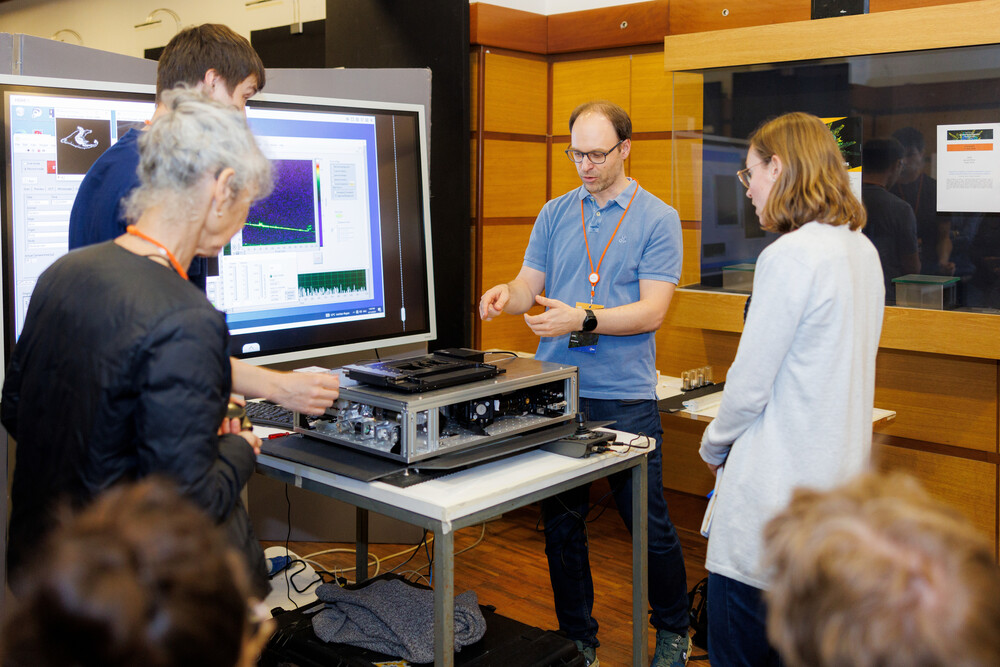What do people value about this career?
In our careers and skills survey, scientists working in medical affairs told us that they appreciate that their work:
- is financially rewarding
- is intellectually stimulating
Career guidance for early career researchers in the life sciences and related fields
Medical affairs is a department within pharmaceutical companies that deals with scientific and clinical support for medicines. Life scientists are often employed in this department, particularly in ‘Medical Science Liaison’ (MSL) positions. MSLs are experts in the science related to a particular therapeutic area (e.g. oncology, cardiovascular etc) – and act as a bridge between the company and health care providers. MSLs also manage relationships with clinicians in their specific therapeutic areas and ensure that the value of the company’s products is understood by healthcare providers, providing timely scientific updates and information. They also bring back information from healthcare providers that influences companies’ R&D strategy e.g. on unmet clinical needs. These roles are generally “field-based” with very frequent travel within the (local) region for meetings with clinicians, and other work (calls etc) completed at home or sometimes from a regional office.
Possible tasks may include a subset of the following activities:
MSLs are employed directly by big-pharma, as well as by contract research organizations (CROs) and other similar agencies (companies) that provide out-sourced support to pharma and biotech. A strong scientific background, preferably a PhD or pharmacy qualification, is required to become a MSL.
Some courses are available on Coursera or other by commercial providers and provide an overview of clinical trials and commercialization of new medicines, some also focus on understanding the MSL role in this process. Taking such courses are not required, but will likely improve your chances of obtaining a position directly from academia in an agency or pharma company. Alternatively, applying directly to MSL roles or graduate trainee programmes offered by pharma companies also offer an opportunity to break into the field. These multi-year programmes generally offer rotations in different business areas, and often include medical affairs among other non-research focused areas. Some trainee programmes also exist specifically focussed on medical affairs. Finally, it is also possible to enter from other types of role, including e.g sales.
The next step on the career ladder for MSLs can be a medical advisor/manager role, responsible for the therapeutic area across an entire region. MSLs can also move laterally into other roles in pharma, including sales and marketing.
In our careers and skills survey, 7 medical affairs professionals told us the competencies they use most in their daily work. The most frequently selected competencies were:
For MSL roles in countries where English is not the main language, strong communication skills (B2 or above) in the local language are often required, as clinicians may prefer to communicate in this language rather than English.

In our careers and skills survey, scientists working in medical affairs told us that they appreciate that their work:
We highly recommend learning more about the careers using the resources above, then conducting informational interviews to gain further insights directly from former PhDs working in career areas that interest you.
Further internal resources (e.g. library of recorded career talks) can be found on our intranet pages.
In this blog post Simon Schultze, Medical Director at GSK Austria shares how he made the transition from a PhD and postdoc in the life sciences to a career in medical affairs.